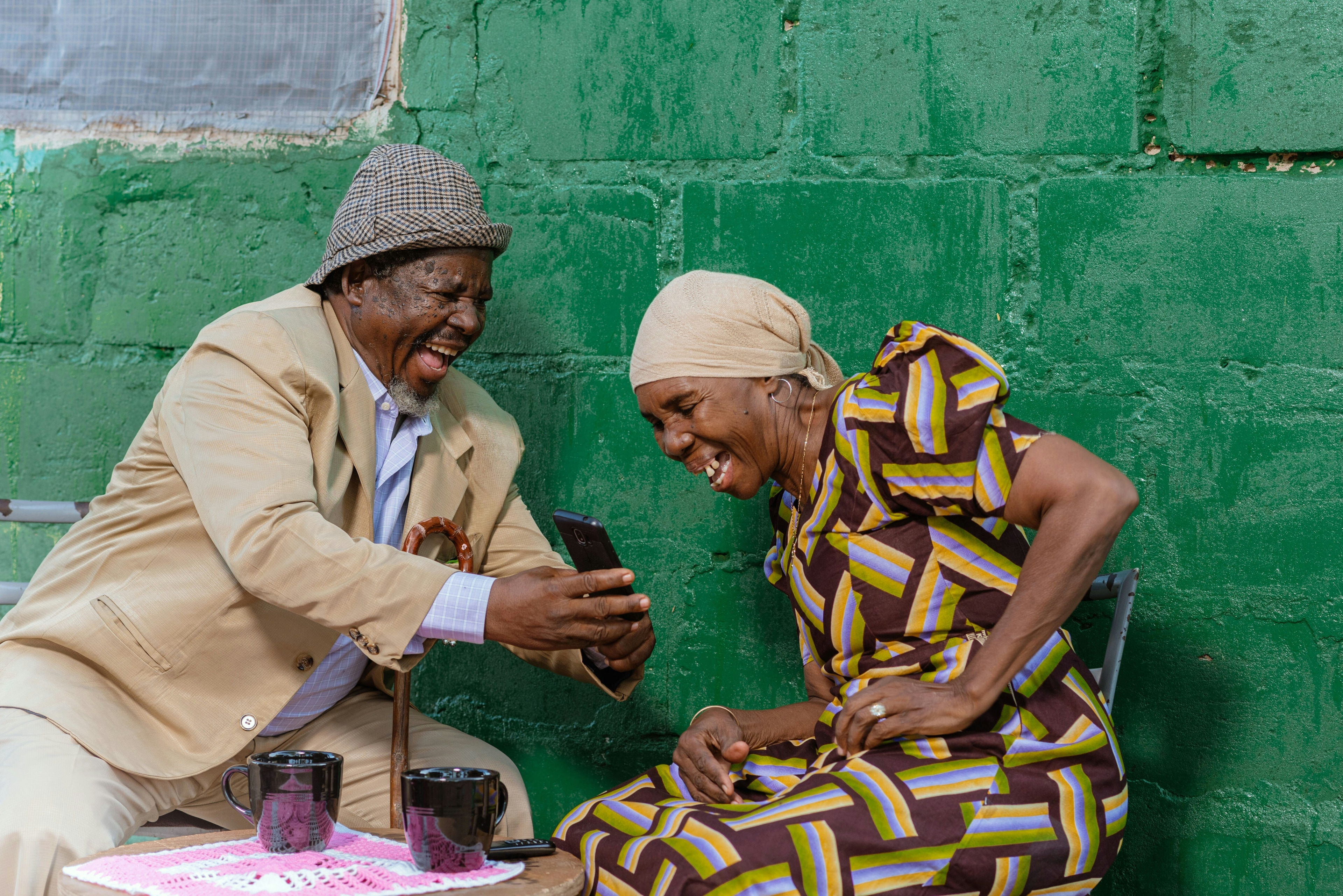Why rule of law is the bedrock of sustainable development

The concept of access to justice is finally taking its rightful role as a key pillar of the international development agenda (SDG16). It is a historic moment that changes the course of rule of law in some of the world’s darkest corners. The effect is that human rights will be treated as a form of infrastructure development similar to roads, schools and hospitals – a vital step to improving people’s lives and strengthening their societies.
The reason is because the rule of law can be seen as a linchpin right, something on which other rights depend. As access to justice improves, a lot of other things we value improve as well. The rule of law is a cornerstone for a better functioning economy that adheres to regulations, greater internal mobility, social cohesion and good governance.
Development tool
This represents a huge validation of the innovative model that International Bridges to Justice (IBJ) pioneered 15 years ago to provide legal rights to people trapped in failed justice systems. Indeed, IBJ has seen just how powerful access to justice can be as a development tool though its work in Cambodia.
After decades of conflict under the tyranny of the Khmer rouge, Cambodia’s judicial apparatus was non-existent. It has been built up gradually over the years but many relics of its difficult past remained. In 2001, when IBJ first started working there, the use of force to extract confessions was standard police operating procedure – the cheapest form of investigation. Even at that time, Cambodia had in place strict laws safeguarding the rights of detainees and preventing the use of torture, but the high-level policy was not finding its way to grassroots level. This scenario – where the rulebook is spot-on but there is an utter lack of enforcement – is common in countries with embryonic public justice systems.
Since then, IBJ has observed a steady and systematic change within the legal landscape in Cambodia. Providing legal aid to the poorest of the poor and training defenders, IBJ saw how, little by little, access to justice was improving the rule of law in Cambodia. Today, torture rates are below 5% and judges will not accept confessions if they suspect they were obtained by torture. An adherence to the rule of law has become a part of everyday practice.
Pivotal moment
In IBJ’s experience, access to justice is the key to rule of law; and rule of law is the bedrock of sustainable development. It is hard to imagine how the other UN sustainable development goals can be achieved without establishing access to justice. Improving legal rights amplifies all other development activities. It creates institutional transparency, good governance and combats corruption. In order for sustainable health security, equality or environmental policies to be established, a country must first respect the rule of law.
The inclusion of access to justice as part of the suite of development goals with SDG16 represents a pivotal moment in the human rights movement, changing the course of history and giving legal rights the respect they have long deserved. This improves the lives of ordinary people who deserve to live in dignity with a justice system that upholds their rights, not abuses them.
Have you read?
How do we stop violence against children?
The one Global Goal that could spell disaster for all the rest
Authors: Karen Tse, CEO, International Bridges to Justice, and Andrew Ozanian, Program Management and Development Associate, International Bridges to Justice
Image: Scales of Justice are seen in Brittany’s Parliament, during the trial concerning victims of the Queen Mary 2 accident, in Rennes western France April 2, 2009. REUTERS/Stephane Mahe
Don't miss any update on this topic
Create a free account and access your personalized content collection with our latest publications and analyses.
License and Republishing
World Economic Forum articles may be republished in accordance with the Creative Commons Attribution-NonCommercial-NoDerivatives 4.0 International Public License, and in accordance with our Terms of Use.
The views expressed in this article are those of the author alone and not the World Economic Forum.
Stay up to date:
agenda-in-focus-civil-society
Forum Stories newsletter
Bringing you weekly curated insights and analysis on the global issues that matter.





